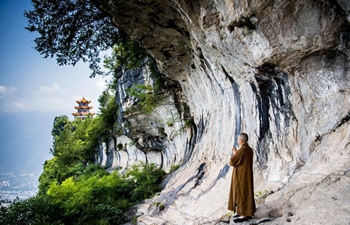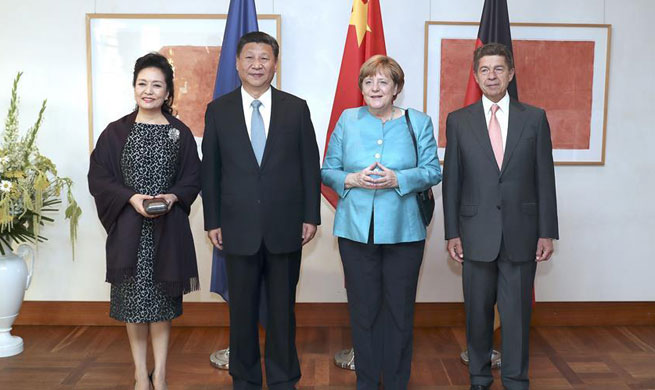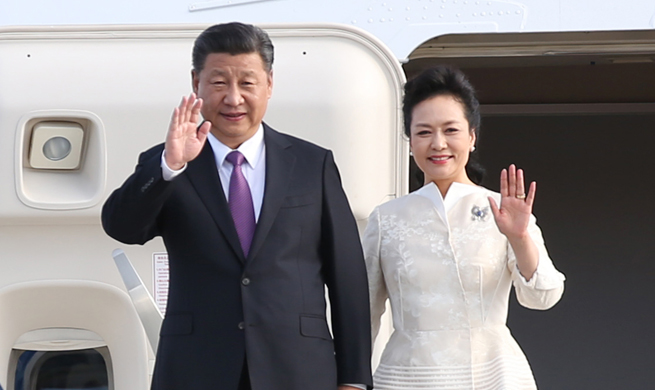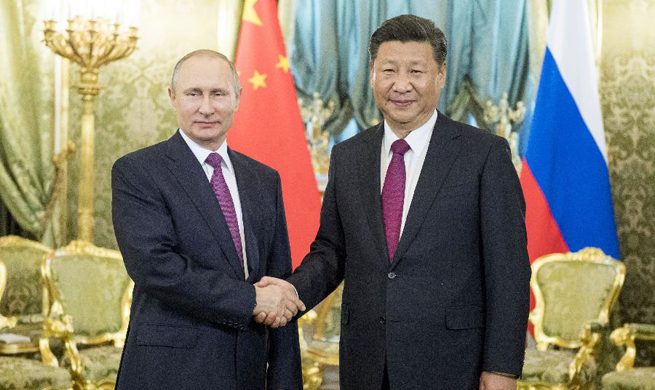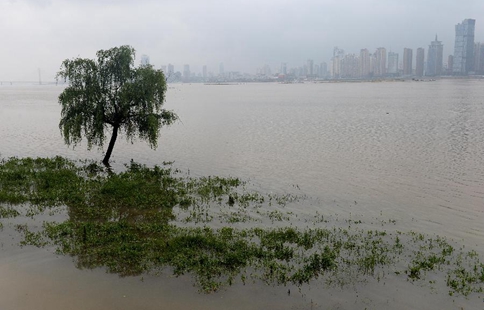TEHRAN, July 5 (Xinhua) -- United Nations Environment Program (UNEP) Executive Director Erik Solheim called here Wednesday for joint efforts of the whole world to fight against sandstorms.
"All countries in the world should reinforce cooperation to develop the solutions in the field of anti-sandstorm that protect our health, our economies, and reclaim an environment that sustains us," he told Xinhua at a conference on challenge and solution of sand and dust storms, jointly launched in Tehran by UNEP and Iranian Ministry of Environment from Monday to Wednesday.
"There are two common misconceptions about sand and dust storms. The first is that they're simply as old as the world itself and a fact of life in certain parts of the world. And second is the belief that there is absolutely nothing we can do nothing about them," he noted.
True enough, sandstorms have been well documented for centuries, he said, adding that there are countless accounts of devastating winds choking cities and travellers throughout the history.
Nowadays, the sandstorms have come to be accepted as a part of the planet's natural cycle, and a natural hazard of the desert landscape.
As with climate change, the reality of sand and dust storms is alarming -- and in fact the action we need on both environmental crises are intertwined, he noted.
The science tells us that the condition is getting worse. The sandstorms are hitting many parts of the Middle East with increasing frequency, as well as Central Asia, large swathes of Africa, and parts of the United States. They're also carrying toxic particles across China and the Korean peninsula, according to Solheim.
China's success in reforesting a major desert, which was once the source of frequent sandstorms in Kubuqi desert, has provided ideas for other countries battling desertification, he said.
Kubuqi Desert, the seventh largest desert in China covering an area of 10,000 square kilometers, has reforested a quarter of the total size over the past three decades,
A UNEP policy report says the core of the success at Kubuqi is its sustainable business model, and the establishment of a system that incorporates policy instruments, investment from the private sector and active participation of locals.
Solheim said UNEP is also working with China to set up an International Coalition for Green Development on the Belt and Road to promote renewable energy, encourage greener infrastructure, industries and tourism.








